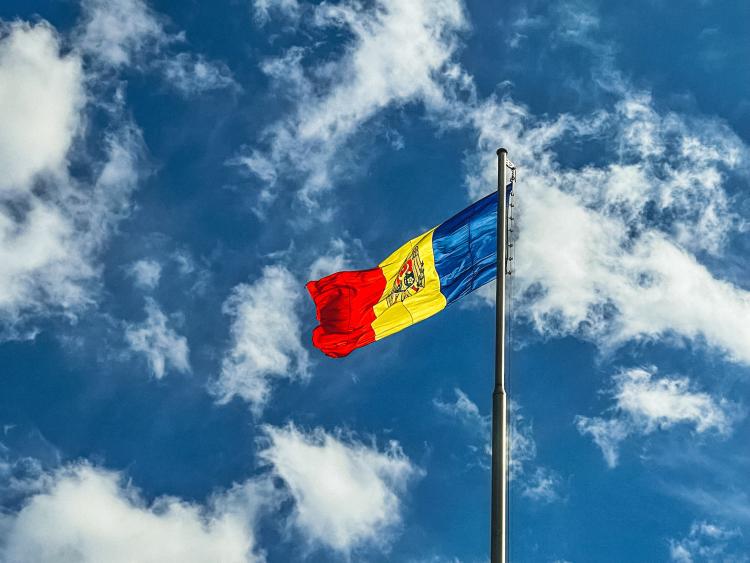
Parallel emergencies: national security and public health
The invasion of Ukraine by the Russian Federation on February 24 led to concerns of regional as well as national security for Moldova. The Parliament of the Republic of Moldova declared a state of emergency for 60 days on the same day. During the state of emergency the Committee for Exceptional Situations is allowed among others:
- to establish a special regime of entry and exit from the country,
- to prohibit all public gatherings, and
- to coordinate the work of mass-media.
The Committee for Exceptional Situations has so far adopted several decisions concerning the flow of refugees and the flow of information.
In parallel to the state of emergency in relation to the war, the state of emergency in public health was also extended until April 15. However, starting from March 16, the National Extraordinary Committee for Public Health has lifted most restrictions related to COVID-19.
Refugee crisis in relation to the war in Ukraine
Since the beginning of the war (according to the data from March 15) over 304,000 Ukrainian refugees entered Moldova, of which 204,000 transited the country. So there are around 100,000 refugees (almost half of them children) in the country in more than 96 temporary refugee shelters, guest houses, hotels and houses of Moldovan families. The level of mobilisation of the population during the crisis is high. The government created the Single Crisis Management Center, where public institutions, local administration, CSOs and population at large are actively providing all types of aid including volunteering, donations, transportation, dedicated web page (https://dopomoga.gov.md/), news bulletins in Ukrainian, temporary road signs in Ukrainian and other necessary support.
Coordinating Council for Information Security created
During the state of emergency, the Security and Information Service of the Republic of Moldova blocked several websites on the allegations of spreading false news, information that incites hatred, war. In addition, under the emergency procedure, the Government initiated the creation of the Coordinating Council for Information Security. The proposed structure includes four groups: cybernetic, operational, media and civic-private issues. The first two groups consist of government officials and justice sector representatives. The last two groups include also CSOs, media public institutions and IT companies. The core function of the Council would be ”to promote and coordinate information and cybersecurity policies in a democratic society based on the development of technology, legal and other relations in the information sector, both nationally and internationally”.
Crucial civil society work during the crises
Many CSOs have adapted their work to help refugees fleeing Ukraine. These are mostly social and charitable organisations. CSOs are coordinating international aid for refugees, and they have also made donations. Many CSO representatives provide information and legal support. Until now, CSOs have received support and donations only from private individuals and donors (for e.g., coalition Life without violence). The government did not provide any funds or assistance to support the work of CSOs. Without substantial government support, many organisations will not be able to help refugees in the long-term.
In addition to assisting refugees, several CSOs have initiated monitoring activities, on issues such as hate speech and inciting discrimination against refugees; fulfilment of the rights of Roma refugees; the rights of refugee women and girls, as they are vulnerable to trafficking. Other initiatives to collect information from refugees and document the war crime are also emerging.
CSOs in other fields have suspended part of their activities, especially public events. They have also shifted their priorities and focus on the most urgent activities. The political, media and public agenda are dominated by the theme of the war in Ukraine, the humanitarian crisis, and their impact on the political and economic situation in Moldova. Thus, it is difficult for CSOs to resume or initiate advocacy activities in other fields, including those that were of urgent priority before the war.
